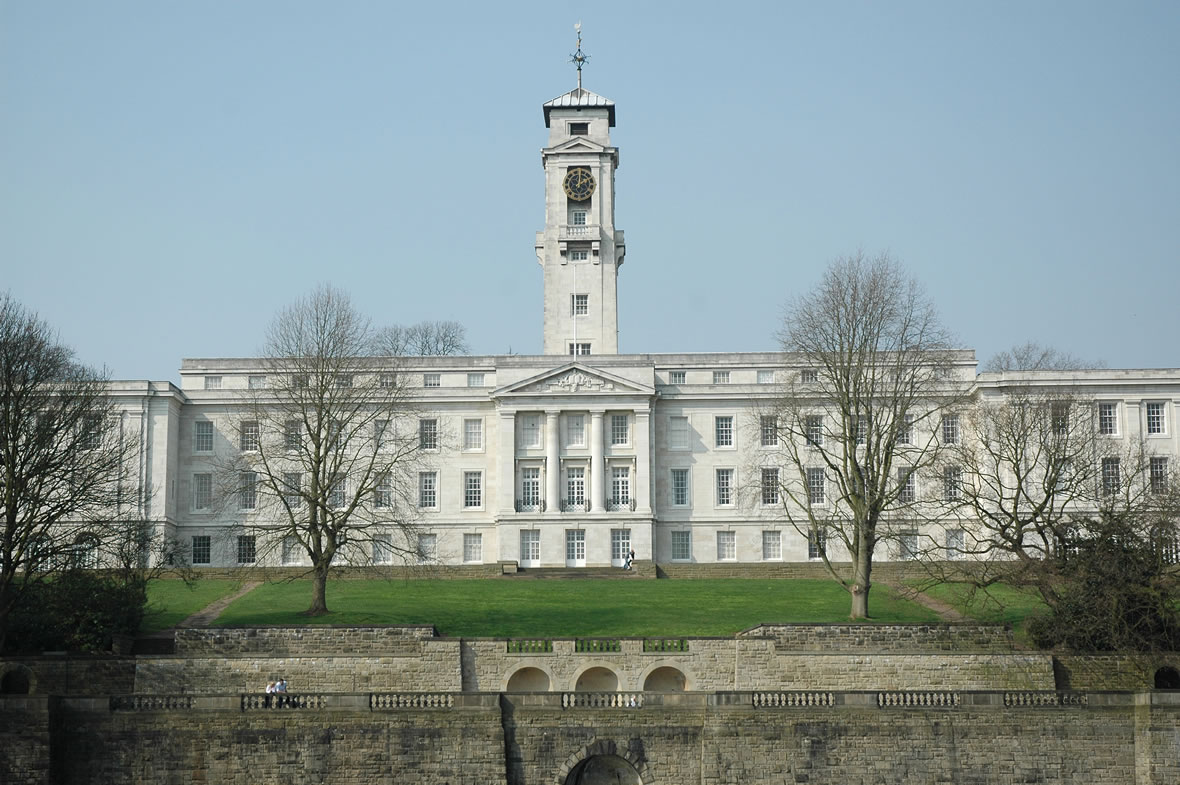
13/03/2015, by CLAS
Contemporary Austrian Literature, Film and Culture: International Conference
A major international conference on Contemporary Austrian Literature, Film and Culture will be held at Highfield House, University of Nottingham, on 13-15 April 2015.
The conference, which is being organised by Dr Katya Krylova, Leverhulme Early Career Fellow in the Department of German Studies, will include keynote lectures from three distinguished scholars in Austrian studies: Professor Allyson Fiddler (University of Lancaster), Professor Jonathan Long (University of Durham), and Professor Dagmar C. G. Lorenz (University of Illinois at Chicago). The conference will also feature film screenings and Q&As with two award-winning documentary filmmakers: Dr Ruth Beckermann (Vienna) and Dr Frederick Baker (Cambridge).
Austrian society has undergone many shifts since the late 1980s. The most significant of these was the Waldheim affair of 1985-1988, which was a turning-point in Austrian society, sparking the beginning of a belated process of coming to terms with the country’s National Socialist past. The Waldheim affair saw a young generation of artists and intellectuals lead a protest movement against the presidential candidate, who had lied about his Nazi past. This generation was instrumental in the formation of a civil society and oppositional culture in Austria (Lorenz 2004), both during the Waldheim affair and following the 1999 elections, which saw the far-right Austrian Freedom Party enter the coalition government in 2000. In their literary works, figures such as Gerhard Roth, Elfriede Jelinek, Robert Schindel, Anna Mitgutsch, Doron Rabinovici and Robert Menasse have continued to offer incisive commentaries on the shadow that Austria’s past continues to exert on the country’s present.
In the genre of film, new federal support for filmmaking and the rise of New Austrian Film in the 1980s led to a wave of innovative and socially-critical films in diverse genres, a trend that has continued to this day, with directors such as Michael Haneke, Ulrich Seidl, Stefan Ruzowitzky, Ruth Beckermann, Florian Flicker, and Barbara Albert testifying to the vitality of contemporary Austrian cinema. In addition to internal political shifts, wider geopolitical changes have also not failed to leave their mark on Austria. Since the early 1990s the country has found itself once more at the heart of Central Europe, following the fall of the ‘Iron Curtain’ and Austria’s entry into the European Union in 1995. Here too, Austrian artists have been at the forefront of responses to immigration and a changing continent. The conference aims to examine these trends in Austrian literary and cultural production over the past thirty years.
The full conference programme and registration information may be viewed here. Advance registration is required (last booking date: 20 March 2015).
For all queries, please contact Dr Katya Krylova at K.Krylova@nottingham.ac.uk
No comments yet, fill out a comment to be the first

Leave a Reply